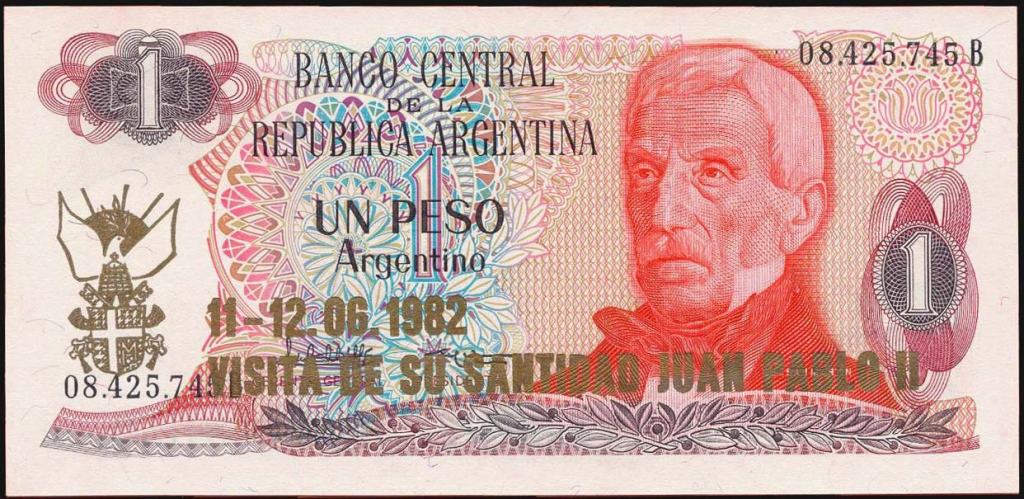
Latin America is rife with opportunity — especially for mobile-minded, feature phone-friendly apps and startups — and a new fund has just launched to capitalize on those opportunities.
[aditude-amp id="flyingcarpet" targeting='{"env":"staging","page_type":"article","post_id":524923,"post_type":"story","post_chan":"none","tags":null,"ai":false,"category":"none","all_categories":"entrepreneur,mobile,","session":"D"}']The fund is Amérigo, a public-private network of venture capital funds; it was officially launched today by Telefónica, the fifth largest mobile carrier in the world and formerly a part of the Spanish national telecom monopoly. The fund network totals around $377 million and is intended to be “an international network of capital for those investors and industrial partners that want to participate in the acceleration and financing of high potential technology companies,” we read in a release on the news.
So, why would one big mobile carrier care so much about jumpstarting tech startups in an area of the world so underserved by the larger international community of VCs?
AI Weekly
The must-read newsletter for AI and Big Data industry written by Khari Johnson, Kyle Wiggers, and Seth Colaner.
Included with VentureBeat Insider and VentureBeat VIP memberships.
To find out, as always, we’ll follow the money.
While Telefónica has its roots in Europe, it is rapidly expanding through Central and South America. In those regions, it operates Movistar, a Latin American mobile carrier that is the largest operator in Brazil, Chile, Venezuela, and Peru.
Telefónica also owns a majority stake of Columbia’s government-owned telecom monopoly, and it owns 100 percent of Bellsouth Panama and Bellsouth Guatemala. It controls the largest landline operator in Argentina, and it is one of only three mobile carriers operating in Ecuador. The company is also buying smaller mobile operators and negotiating government contracts in places like the Dominican Republic and Costa Rica.
Clearly, Telefónica has a vested interest in promoting web and mobile (and mobile web) innovation in the region; its services are only as valuable as the information, entertainment, and communities its customers can access using those services.
Amérigo will begin with a focus on Spain, Colombia, Chile, and Brazil. Later efforts will focus on China, where Telefónica has a partnership with China Unicom. Funding for entrepreneurs will come from private sources, such as companies and individuals of means, as well as public sources, such as government programs.
The arrangement, while set up for the ultimate profit of the investors (including Telefónica), will likely be a win-win-win for all parties involved. Innovators and entrepreneurs in underserved or ignored areas of the world will have more opportunities to get funding and grow businesses; investors will get new dealflow in rapidly growing markets; and Telefónica will get the technology it needs to keep its customers buying mobile services and bandwidth.
[aditude-amp id="medium1" targeting='{"env":"staging","page_type":"article","post_id":524923,"post_type":"story","post_chan":"none","tags":null,"ai":false,"category":"none","all_categories":"entrepreneur,mobile,","session":"D"}']
VentureBeat's mission is to be a digital town square for technical decision-makers to gain knowledge about transformative enterprise technology and transact. Learn More